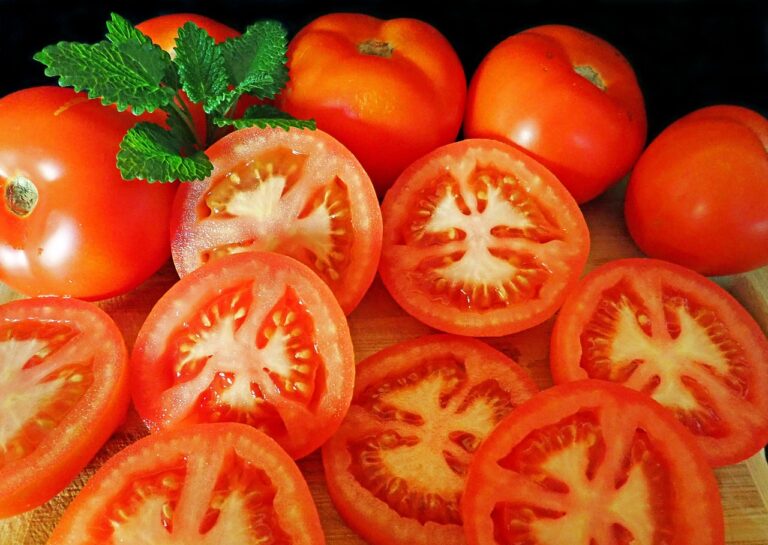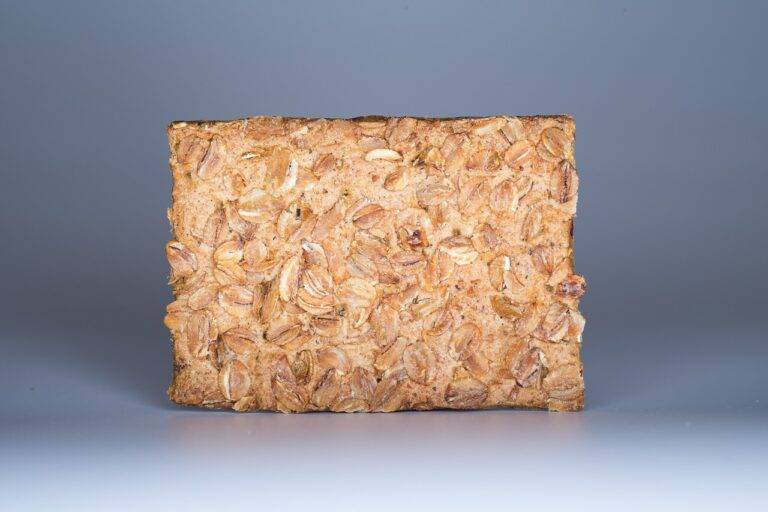How Climate Change is Reshaping the Future of Food Production.
Climate change is significantly influencing crop yields worldwide. Rising temperatures, unpredictable weather patterns, and changing precipitation levels are posing challenges to farmers and food production. These changes are leading to reduced crop yields in many regions, causing concerns about food security and economic stability.
In addition to the direct impact on crop growth, climate change is also altering pest and disease patterns, further threatening agricultural productivity. The increased prevalence of pests and diseases can devastate crops, leading to significant losses for farmers. As the climate continues to change, adaptation strategies will be crucial to mitigate the negative effects on crop yields and ensure food production sustainability.
Increased Frequency of Extreme Weather Events
Extreme weather events, such as hurricanes, wildfires, floods, and droughts, have been occurring with heightened frequency in recent years. These events pose a significant threat to agriculture by damaging crops, soil, and infrastructure, which in turn can lead to substantial economic losses for farmers. The increased frequency of these extreme weather events is attributed to the changing climate patterns caused by global warming.
Farmers are facing the challenge of adapting to these more frequent extreme weather events by implementing resilient farming practices and techniques. With the unpredictability of weather patterns, it is becoming increasingly difficult for farmers to plan and manage their crops effectively. The rise in extreme weather events not only disrupts planting and harvesting schedules but also increases the risk of crop failure and yield losses, ultimately impacting food security and agricultural production.
Shifts in Planting Seasons and Growing Regions
With the changing climate patterns, farmers have been experiencing noticeable shifts in both planting seasons and growing regions. Warmer temperatures and altered rainfall patterns have led to the need for adjustments in traditional planting timelines. This shift has challenged farmers to adapt and find new ways to optimize crop yields amidst these changing conditions.
Furthermore, the warming climate has prompted a reconsideration of suitable growing regions for certain crops. Areas that were once deemed unsuitable for specific types of crops are now being reevaluated as potential new growing regions. Farmers are exploring different alternatives to ensure a viable and sustainable crop production in the face of these shifting conditions.
• Farmers are experiencing noticeable shifts in both planting seasons and growing regions due to changing climate patterns.
• Warmer temperatures and altered rainfall patterns have led to the need for adjustments in traditional planting timelines.
• The shift has challenged farmers to adapt and find new ways to optimize crop yields amidst changing conditions.
• The warming climate has prompted a reconsideration of suitable growing regions for certain crops.
• Areas once deemed unsuitable for specific types of crops are now being reevaluated as potential new growing regions.
• Farmers are exploring different alternatives to ensure viable and sustainable crop production in the face of shifting conditions.
How is climate change impacting crop yields?
Climate change is leading to shifts in temperature and precipitation patterns, which can negatively impact crop yields by causing droughts, floods, heatwaves, and other extreme weather events.
What are some examples of extreme weather events that are becoming more frequent?
Some examples of extreme weather events that are becoming more frequent due to climate change include hurricanes, tornadoes, wildfires, and heavy rainfall.
How are shifts in planting seasons and growing regions affecting agriculture?
Shifts in planting seasons and growing regions are forcing farmers to adapt to changing conditions by adjusting their crop varieties, planting dates, and farming practices.
What can farmers do to mitigate the impacts of climate change on agriculture?
Farmers can implement sustainable farming practices, such as crop rotation, cover cropping, and reduced tillage, to build resilience to climate change and protect their yields.







